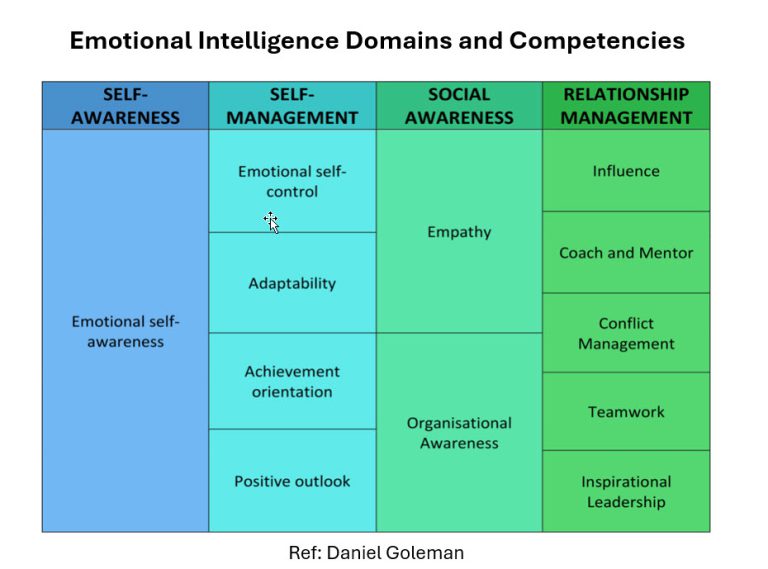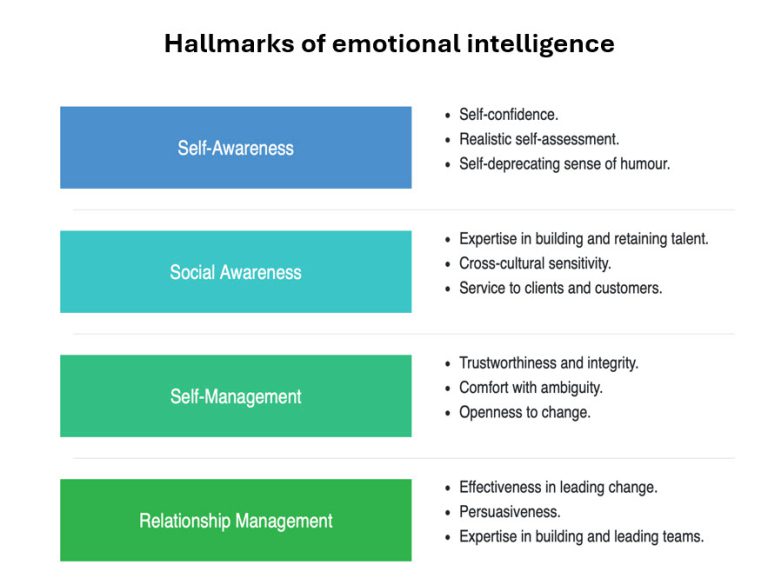In this episode on Emotions at Work, we discuss how to be more adventurous in addressing emotions when designing interpersonal skills training. The workplace is more influenced by emotions than many realise, making it crucial to understand how our own emotions — and those of others — impact communication and interactions.
We explore how actors can recreate realistic and relevant conversations, prompting learning activities such as identifying emotions, analysing language, and developing strategies to foster trust and navigate difficult conversations effectively. Using bespoke video content not only surprises learners but also enhances connection to real-world contexts, encouraging reflection, curiosity, imagination and behavioural change.
Featuring insights from Harry Mardlin on leveraging emotions in training, this session offers actionable tips for creating authentic, impactful, and emotionally resonant learning experiences.
Key learnings of Emotions at Work
- Recognise how emotional engagement can drive more effective and impactful learning experiences, particularly in digital and hybrid environments.
- Showing the importance of self-awareness, self-regulation, empathy and social skills in navigating workplace interactions.
- Discover how using actors to simulate high-stakes workplace conversations can create authentic learning opportunities.
- Understand the potential and limitations of AI-generated videos in creating scalable and engaging training content.
- Explore learning strategies to create engagements and activities around video content.
Express review
If you have little time or are after a specific piece of information, you can review the summary below and find the time when it is addressed in the video:
1. Leverage Emotions in Learning (00:05)
Emotional engagement is a key driver of effective learning, particularly in digital environments. The use of actors in simulations can replicate high-stakes workplace scenarios, fostering authentic emotional experiences. This approach enhances participants’ empathy and emotional intelligence, leading to more meaningful learning outcomes.
2. Understand Emotional Intelligence Frameworks (05:36)
Daniel Goleman’s emotional intelligence framework—comprising self-awareness, self-regulation, empathy, social skills, and motivation—was highlighted as crucial for improving interpersonal skills. Focusing on emotional intelligence can help learners navigate challenging workplace interactions with greater sensitivity and effectiveness.
3. Utilise Realistic Simulations (12:06)
A video example illustrated how ineffective feedback can result from poor emotional intelligence. Simulations allow learners to observe and analyse these scenarios in a safe environment, helping them practise and develop skills such as constructive feedback delivery and empathy.
4. Explore AI in Learning (18:51)
The potential of AI-generated videos to create scalable, engaging training content was discussed. While promising, AI currently struggles to replicate nuanced human emotions, limiting its effectiveness in emotionally rich training contexts. However, exploring tools like Runway and VideoGen can help organisations understand where AI adds value.
5. Prioritise Personal Development (25:36)
The speakers’ interest in learning British Sign Language and relearning German underscored the importance of personal growth. Continuous learning—whether for personal or professional purposes—supports adaptability and broadens skillsets, aligning with lifelong learning principle
Tools and resources
- Emotion wheel:
Harri’s mentioned that being able to identify and name emotions is an essential first step towards developing emotional intelligence. A powerful tool to work with both individual or group is the Emotion Wheel. If you are new to the concept and wish to develop an understanding, this article presents a clear overview of the framework. - Daniel Goleman’s Emotional Intelligence Competency Framework:
Harri shared Daniel Goleman’s Emotional Intelligence Domains and Competencies. It is based on his books s “Emotional Intelligence, Why it matters more than IQ” (1995).
For those not familiar with the topic, this video explains the importance of developing our emotional intelligence and identifies some success factors. It completes very well the competency framework shared by Harri during our conversation:


About Harri Mardlin, guest speaker of Emotions at Work
Harriet has been facilitating learning experiences since 2015 and in that time has developed a significant understanding of the changing world of work. She initially drew on her skills as an actor to present crucial workplace conversations in an interactive format, allowing close analysis of communication in a live and ever-changing setting. This is hugely energising for her as someone who is fascinated with language and human interaction. As a facilitator, her special interests lie in empowering others to communicate clearly and confidently, for example when presenting to audiences and in high stakes crucial conversations or when leveraging influencing skills. Since 2020, Harri has facilitated online sessions on a regular basis and now has extensive experience of the virtual learning setting. She is motivated by ways in which we can boost our wellbeing, and understanding the importance of wellbeing for all in the workplace. She has undertaken the Mental Health First Aid (MHFA) course and also the Suicide First Aid (SFA) course with Mental Health England.

Contact Harri
Available episodes:
Episode 1: Making Learning Material Truly Accessible
Episode 3: How to measure Learning Impact
Episode 4: How to use videos for collaboration, creativity and performance enabler
Episode 5: Driving Learning Impact Through Accountability
Episode 6: The Power of Storytelling in the Digital & Hybrid Workplace
Episode 7: Unmuting Emotions for Better Collaboration in Hybrid Teams
Episode 8: The Art of Meaningful Communication in the Digital Workplace
Episode 9: Psychological Safety in Remote Teams: From Silence to Trust
Episode 10: Learning Communities: The Art of Personalised Learning
-
Contact SyncSkills
- +44(0) 1737 779480
- hello@syncskills.net


